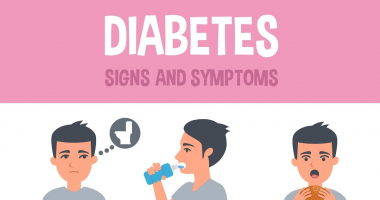Top 10 Factors That Can Impact Your A1C If You Have Type 2 Diabetes
The A1C test is a blood test that you can use to check on the effectiveness of your type 2 diabetes treatment strategy. The higher the percentage, the higher ... read more...your blood sugar levels have been over that time. The A1C target for many diabetics is 7% or below. However, this objective could vary from person to person based on their age and any additional medical concerns. You haven't failed or done anything wrong if you've been following your type 2 diabetes management and treatment plan, but your A1C goal hasn't been met. Your A1C results may be impacted by numerous factors. While some are above your control, you can still manage others. Below are some reasons your A1C may not be at goal.
-
Even if you continue to adhere to the same diet, exercise, and treatment regimens, you could find that it gets harder over time to meet your blood sugar targets. This is due to the fact that type 2 diabetes is a progressive disease.
Your body's cells could stop responding to the insulin your pancreas produces. Additionally, your pancreas may eventually produce less or no insulin at all. Your treatment strategy could no longer be as effective as it once was as type 2 diabetes worsens. To achieve your A1C target, you might need to work with your doctor to modify your medication. Studies predict that even with the majority of diabetic therapies, A1C levels will rise by about 1% every two years. Working with your doctor, changing your lifestyle, and taking your type 2 diabetes medication as directed are all things you can do to manage your blood sugar levels.
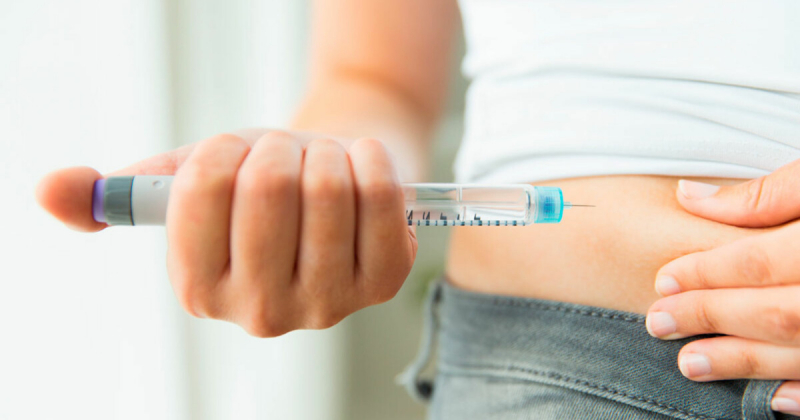
Type 2 diabetes progression 
Type 2 diabetes progression -
Your A1C level may change as a result of various hormonal changes. Women's blood sugar levels may be affected by hormonal changes brought on by menstruation and menopause.
Your A1C level may also be affected by physical or emotional stress. Hormones that might increase blood sugar are released in response to stress, which can also result in a rise in A1C. If necessary, you can consider changing your treatment plan with your doctor if you're experiencing hormonal changes. You can also talk to your doctor about stress management techniques. Activities that can help you relax include: exercising, practicing relaxation techniques such as meditation or yoga, spending time with family and friends, doing a hobby you enjoy, etc.
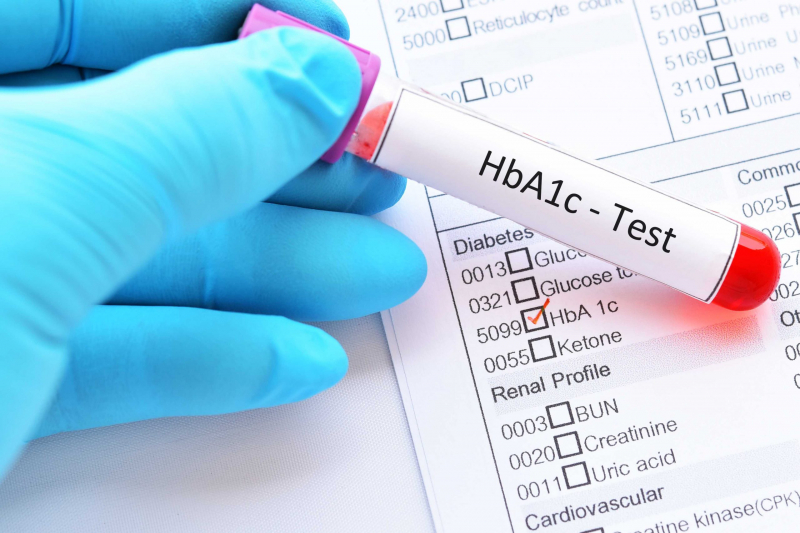
Hormonal changes 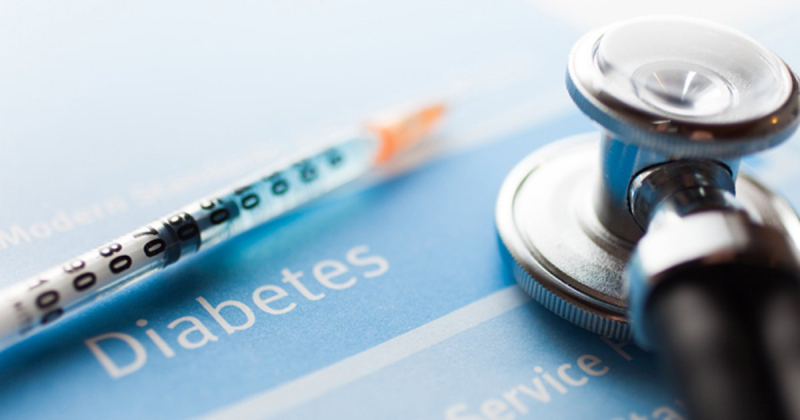
Hormonal changes -
According to some studies, pregnant women, particularly those in the second or third trimester, may have A1C levels that are unreasonably low. Red blood cell lifespan changes during pregnancy may have an impact on A1C results. During your pregnancy, your blood sugar and A1C goals may change. Discuss your personal goals with your doctor, as well as any necessary modifications to your current course of treatment.
Another helpful piece of information, your risk of having a child with a malformation like a heart, kidney, brain, or spinal cord defect increases if your A1C is 10% or greater. But if you control your blood glucose (also called blood sugar) before getting pregnant, things change. Your risk of giving birth to a child with a birth defect is the same as that of a woman without diabetes if your A1C is 6.5 percent or below.

Pregnancy 
Pregnancy -
It may be more difficult to control blood sugar as a result of certain diabetes-related complications, which may affect your A1C result. For instance, gum disease, a typical consequence of diabetes, may cause blood sugar levels to rise.
Another problem that is typical in diabetes is chronic kidney disease (CKD). According to research, patients with CKD and diabetes may not be able to use A1C as a reliable indicator of blood sugar levels. Falsely high results for the A1C can be caused by kidney failure and CKD complications such as anemia. You can prevent or treat diabetic problems and other medical concerns by visiting your doctor on a regular basis. Other possible complications include heart disease, nerve damage, eye or vision problems, foot problems, etc.
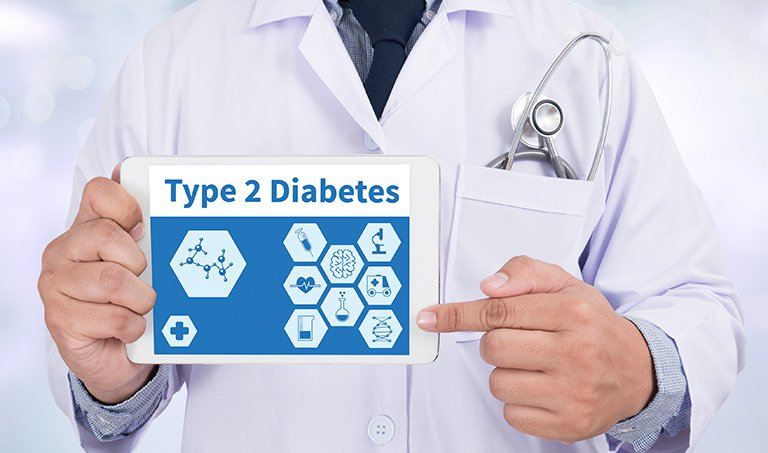
Diabetes-related complications or comorbidities 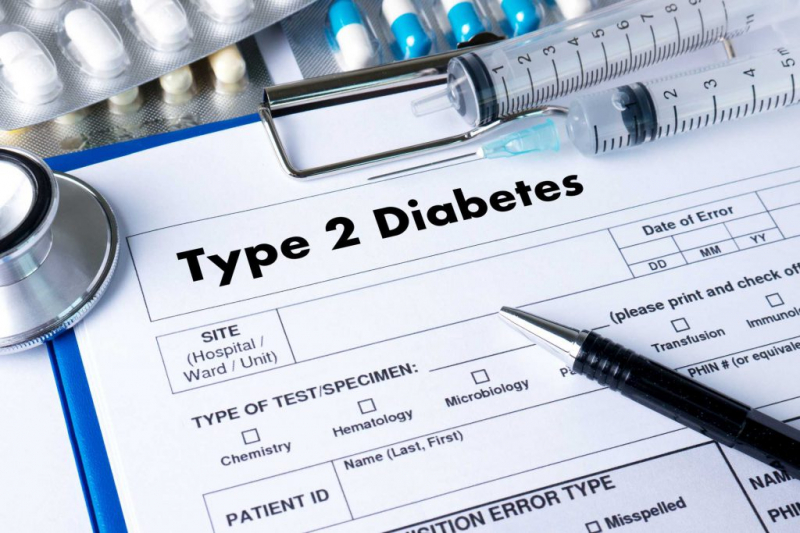
Diabetes-related complications or comorbidities -
Medicines you get with a prescription and some that you buy over the counter (OTC) can be a problem for people who need to control their blood sugar. It should be discussed with your doctor the potential effects of any prescription medications or dietary supplements you may be taking on your A1C.
Some medicines that are used for other conditions such as high blood pressure, COPD, or depression can affect your blood sugar. For instance, medications including opioids and some HIV medications might cause falsely high A1C levels. Prescription medicines that can raise your glucose include:
- Steroids (also called corticosteroids) are used to treat diseases caused by inflammation, like rheumatoid arthritis, lupus, and allergies. Common steroids include hydrocortisone and prednisone. But steroid creams (for a rash) or inhalers (for asthma) aren’t a problem.
- Drugs that treat anxiety, ADHD, depression, and other mental health problems. These can include clozapine, olanzapine, quetiapine, and risperidone.
- Birth control pills
- Drugs that treat high blood pressure, such as beta-blockers and thiazide diuretics
- ....

Medications for other conditions 
Medications for other conditions -
One of the significant factors of A1C levels is the red blood cell life span. The reason for this is that the A1C test measures the percentage of your red blood cells that have glucose bound to the protein hemoglobin in your blood.
Your A1C may change as a result of changes in red blood cells. Your A1C results could be wrong if you've recently undergone a blood transfusion or lost blood. In addition, studies show that patients receiving a large number of blood transfusions (eg, hemochromatosis) will have artificially high A1C levels because the donor blood was stored in a dextrose solution. This makes the A1C unreliable for 3 months following a blood transfusion.
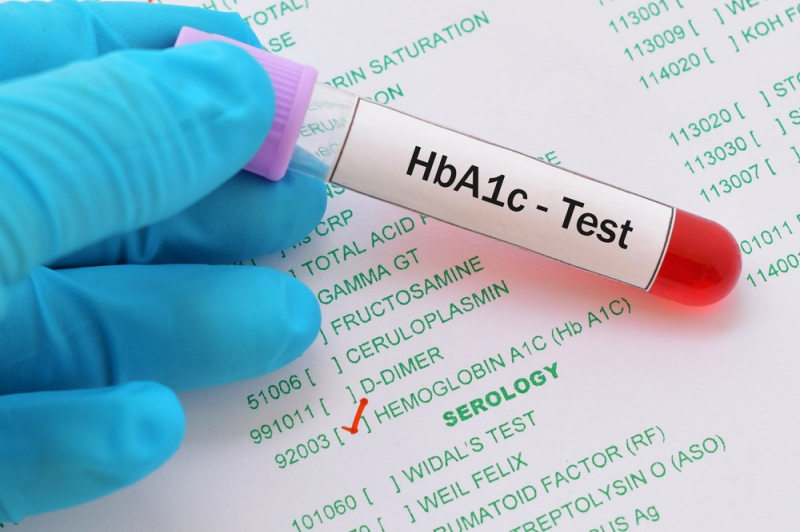
Blood loss or blood transfusions 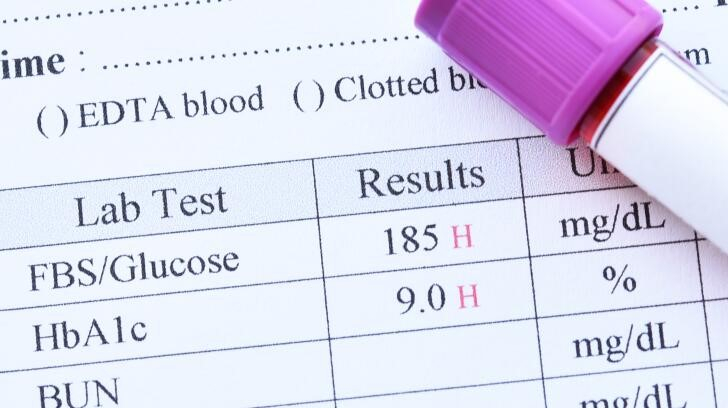
Blood loss or blood transfusions -
Anemia affects up to 25% of people with type 2 diabetes in the United States. As a result, anemia is a rather common complication for patients with diabetes.
Anemia can affect blood sugar levels in several ways. Therefore, a falsely high A1C test may occur in people with very low iron levels. This is particularly true for people who have iron deficiency anemia, common anemia brought on by a lack of iron. Red blood cell replacement requires the production of new red blood cells, which require iron. You should consult your doctor and, if necessary, undergo additional testing if you have unusually high A1C levels and believe anemia may be to blame.
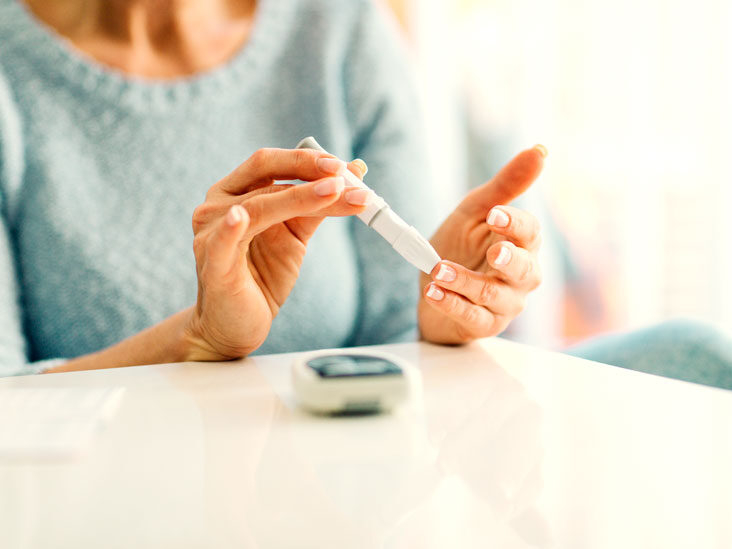
Blood loss or blood transfusions 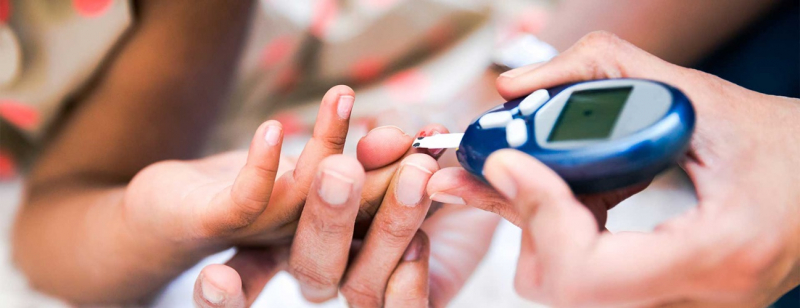
Blood loss or blood transfusions -
Your typical blood sugar levels may change if you recently made changes to your life choices or type 2 diabetes treatment regimen. It's also likely that your treatment strategy will lose some of its effectiveness over time. Your A1C test results could be impacted by this.
So it's a good time to use a new strategic plan to control your A1C level. Talk to your doctor about changing your treatment if it is no longer working and has an influence on your blood sugar levels. Perhaps you should:
- Start taking medication if you’re currently managing with diet and exercise
- Change the dosage of your current medication
- Switch to a new medication
- Switch from oral diabetes medications to insulin
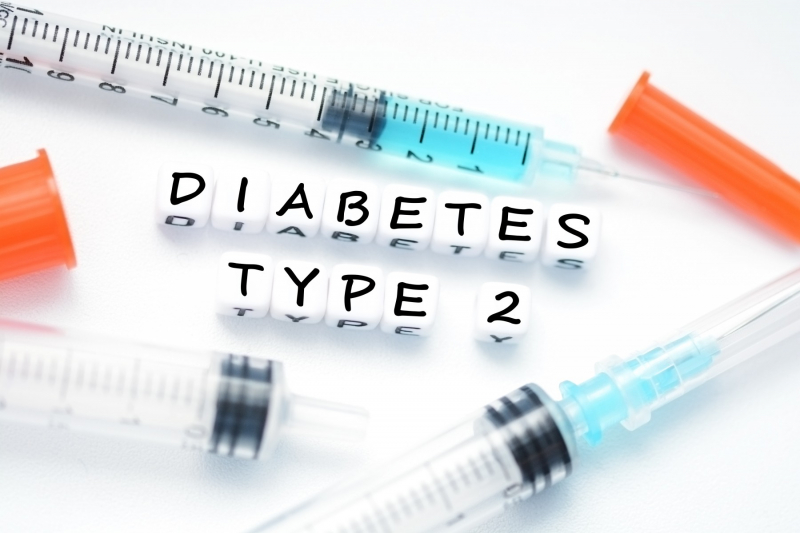
Treatment that’s no longer effective 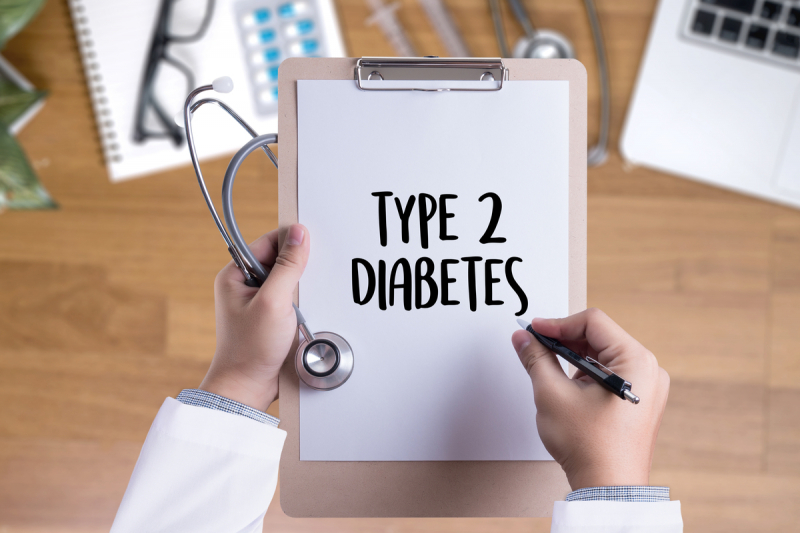
Treatment that’s no longer effective -
Every day, your blood sugar levels naturally change. Your blood sugar can be affected by a variety of factors, such as the number of carbohydrates you eat, your physical activity level, quality of sleep, stress, etc.
Your A1C readings, which reflect the average of your blood sugar over several months, might be impacted by fluctuating blood sugar. Regular blood sugar testing will help you understand how various things affect your blood sugar and can also help you in keeping your goal range. To help manage your blood sugar levels, your doctor might recommend one or more of the following: changes to your diet, exercise routine, or other lifestyle habits; oral medications, injectable medications, or a combination of both; weight-loss surgery, etc.
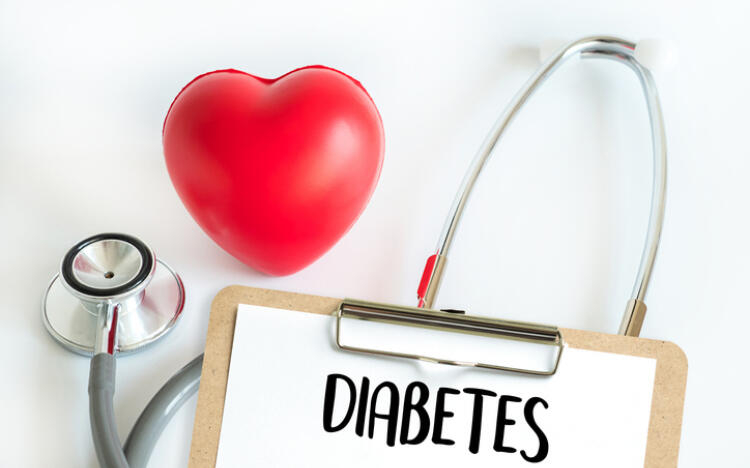
Natural fluctuations in blood sugar 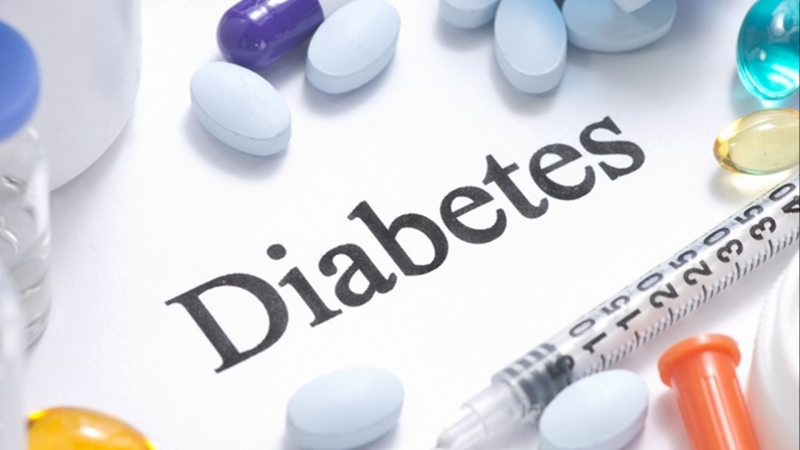
Natural fluctuations in blood sugar -
According to estimates, there are currently 84 million Americans with prediabetes and over 30 million people in the United States with type 2 diabetes. Keeping blood sugar levels under control is crucial for preventing some of the complications. The longer that blood sugar levels remain uncontrolled, the higher the risk of other health problems.
But when you're strictly following the direction of doctors but your A1C level is still high or does not meet your expectation. It's worth noting that an A1C test might occasionally be impacted by external factors that are beyond your control. Unexpected factors, including temperature, the equipment used, and even how the samples are handled in the lab, might result in falsely high or low A1C values. Ask your doctor to repeat your A1C test if you believe it may have been tainted by outside factors.

External factors 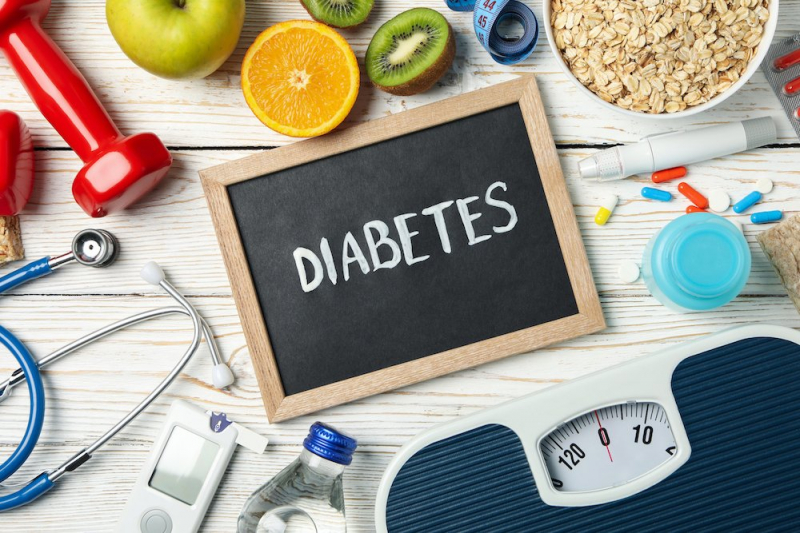
External factors












